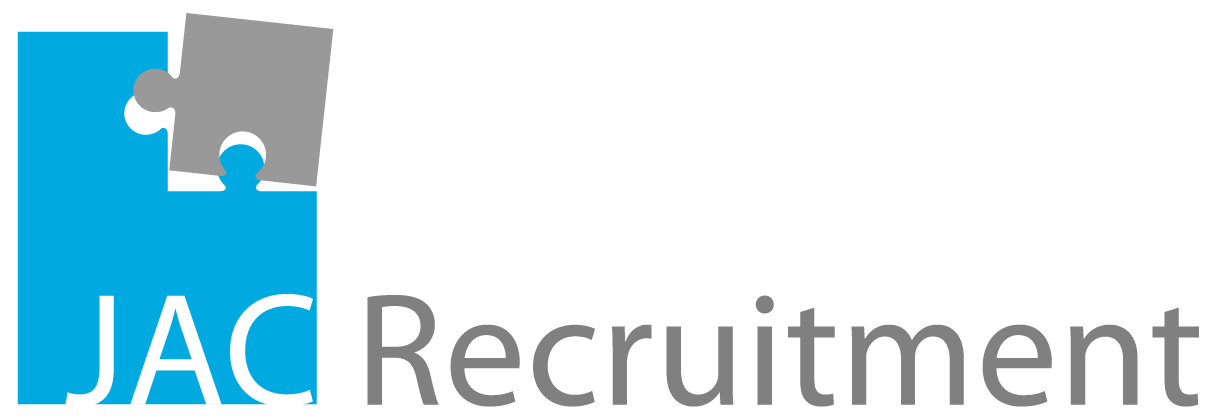Exit interviews might seem like just another box to tick before you leave a job, but they can actually be a golden opportunity for your future career. With the right mindset and a bit of preparation, you can turn this often-overlooked meeting into a chance to leave a positive mark and gather valuable insights that will help you grow professionally. Think of it as your final chance to make a great impression and set yourself up for success in your next adventure.
Maintaining a positive relationship during your exit interview is crucial, there could be a chance that you might return to the company later as an alumnus. Remember, your network stays with you - people talk, and any negative comments can quickly spread, particularly in a small industry or tight-knit network. Additionally, you may need to ask for a reference check for future opportunities, so leaving on good terms is essential. Taking your exit interview seriously can smooth your transition and lay the groundwork for future success.
Understanding the Exit Interview
An exit interview is a conversation between you, the departing employee, and someone from the company's HR department or management team. The main goal is to gather feedback about your experience, understand why you are leaving, and identify areas where the company can improve. They might ask about your thoughts on the work environment, management, and overall job satisfaction.
For you, this is a great chance to share your honest feedback, highlight your achievements, and keep those professional relationships intact. It is your moment to voice any concerns and suggest improvements, which can be really helpful for your own career growth.
From the company's perspective, the exit interview is super important too. It provides valuable insights into employee satisfaction and helps pinpoint areas that need improvement. Understanding why employees leave can help the company address any underlying issues, make the work environment better, and reduce turnover. This exchange of information benefits both sides, fostering a culture of continuous improvement and growth.
Prepare for the Exit Interview
Preparation is crucial for a successful exit interview. Start by reflecting on your time with the company and pinpointing the key points you want to address. Gather evidence to back up your feedback, like specific examples or data. Throughout the interview, it is essential to remain professional and maintain a positive, constructive tone.
Provide Constructive Feedback
When giving feedback, aim for a balanced approach. Highlight both the positives and areas for improvement. Focus on solutions and suggest actionable improvements rather than just pointing out problems. Be honest but tactful, ensuring your feedback is truthful while maintaining professionalism.
Express Gratitude
Use the exit interview to express gratitude for the opportunities and support you received, which can leave a positive impression on your employer. Emphasise the impact you had on the company and share the skills and experiences you gained during your tenure.
Build Bridges for the Future
Maintaining relationships with colleagues and supervisors is crucial for your future career. Use the exit interview to reinforce these connections and express your willingness to stay in touch. Networking opportunities can arise from these relationships, and leaving on good terms can benefit you in terms of future references or potential re-employment.
Use Feedback for Personal Growth
The feedback you receive during the exit interview can be invaluable for your personal development. Take time to reflect on the insights gained and incorporate them into your career planning. Set future goals based on this feedback and commit to continuous improvement and learning.
Conclusion
Wrapping up your exit interview on a high note can really set you up for future success. Think of it as your final chance to leave a positive impression and gather some valuable insights. Prepare well, offer constructive feedback, and highlight your achievements. You can make this meeting work in your favour. Do not forget to express your gratitude for the opportunities you have had and suggest any improvements you think could help the company. This is not just a formality; it is a strategic move for your career growth. Approach it with confidence and professionalism, and you'll be paving the way for a brighter future.
Our experienced consultants not only help you explore your professional potential but also assist you every step of the way. From refining your resume to acing the interview, securing the offer, and even guiding you through the resignation process, we've got you covered.


